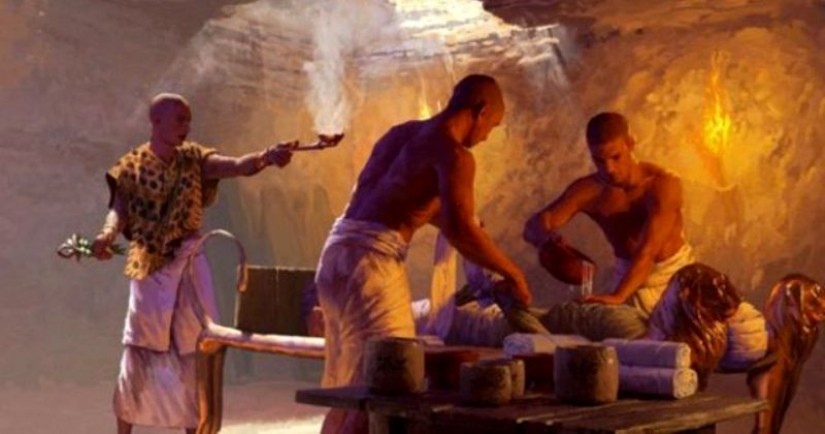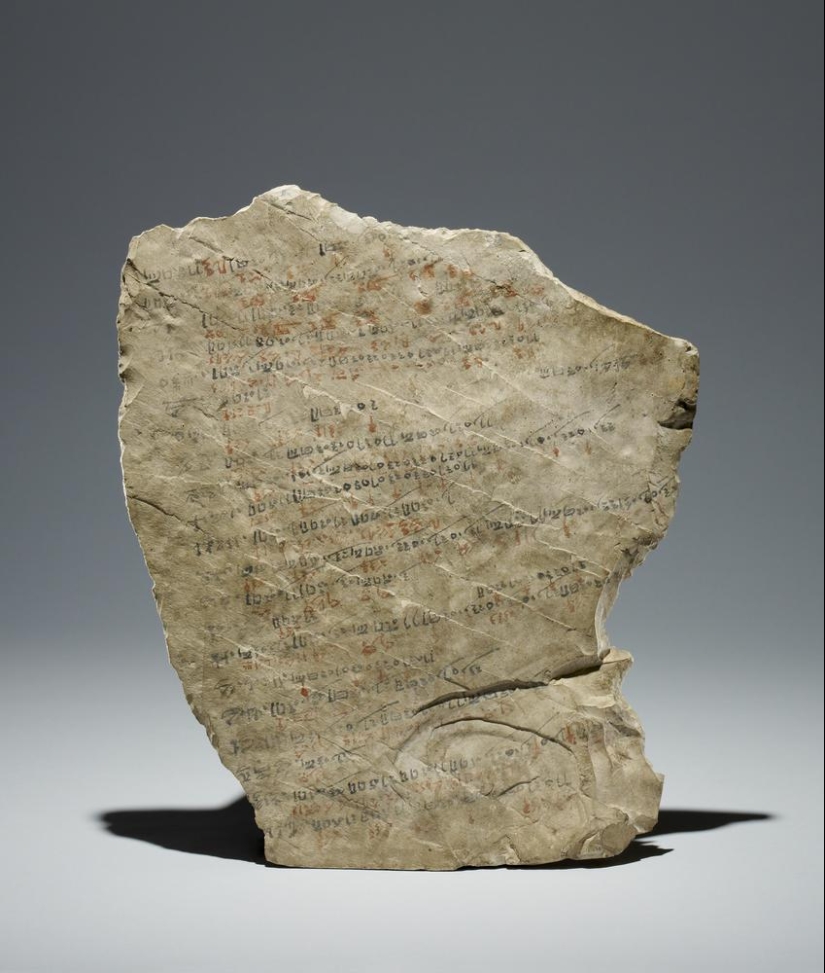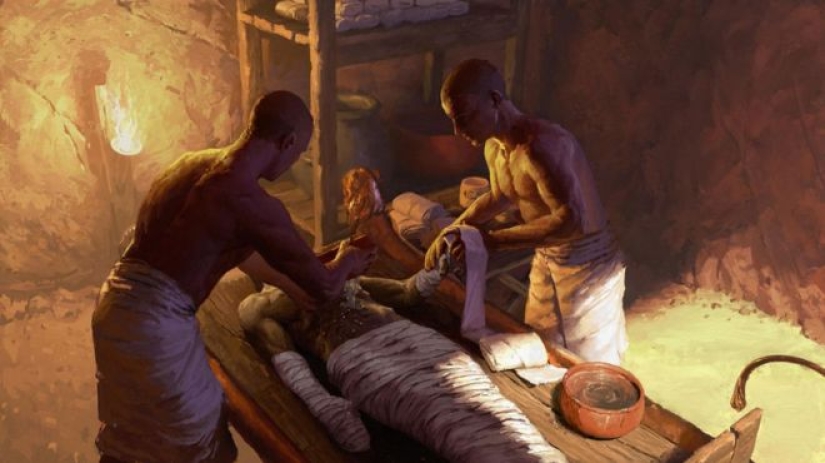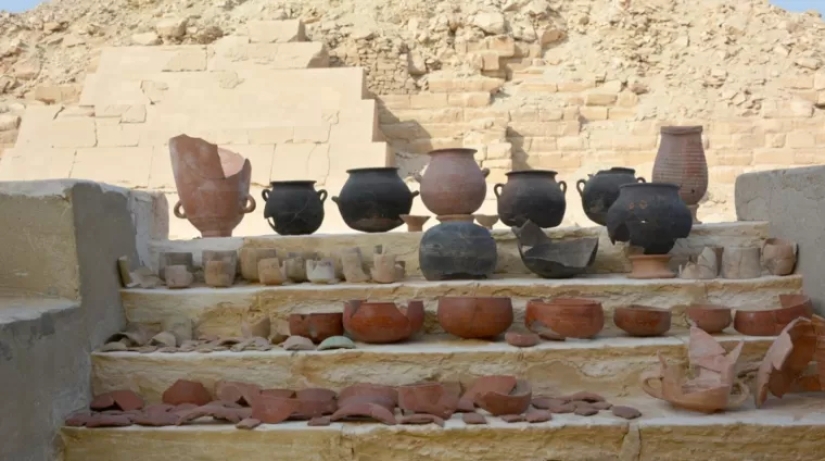Embalming relatives, brewing beer and other reasons for absenteeism in ancient Egypt
Today, work truants are treated strictly everywhere. The reason why the employee did not come to work must be valid. How was it in ancient Egypt? What did Bronze Age truants tell their employers in their defense? It turns out that a historical document has been preserved, which describes situations due to which the Egyptians did not appear at the workplace.

The British Museum has an interesting exhibit with a modest name Asset 514988001. This is an ostracon (clay tablet), which is nothing more than an ancient Egyptian journal of visits. The description of this artifact for visitors looks like this:

The obverse side of the ostracon contains 24 lines written in New Egyptian hieratic script, while the reverse side contains 21 lines. On the right side there is a list of 40 names, and next to it in red, as in a school diary, the date and the phrase indicating the reason for the absence from work.
After studying a tablet made in 1250 BC, scientists realized that the ancient Egyptians had slightly different problems than our contemporaries. Among the forty reasons for absenteeism, there are both completely respectful and very strange for us. Cebu worker was allowed to stay at home after being stung by a scorpion. A certain Pennub did not come on shift, as he had to take care of his sick mother. These guys are all right.

But there were several records of men missing work because of "monthly bleeding on the wife or daughter." Probably the ancient Egyptians took these things very seriously. Among the unusual causes of a family nature, it is worth noting the funeral. No, not what you thought. The workers did not go to work as they helped to embalm the bodies of deceased relatives.
How do you like records that the work day was missed due to beer making? If such a reason is given to the boss today, then it is unlikely to end well. But in Egypt it was an important and respected occupation, so such absenteeism was a good reason.

It is worth adding that then beer was not at all a drink for idle gatherings. It was not carbonated, quite thick and sweet. Not only men drank beer, but also women and even children. Beer was dedicated to the gods and sacrificed. In some cases, the drink was given wages. And the builders of the pyramids, according to the contract with the employer, received beer along with food three times a day.
From all this it follows that the labor legislation in ancient Egypt was quite liberal. We can only dream of skipping work in order to have fun with friends over brewing beer. Yes, beer in ancient times was loved not only by the Egyptians, but also by their neighbors from Mesopotamia - the Sumerians. In their taverns and brothels, this drink flowed like a river.
Recent articles

It's high time to admit that this whole hipster idea has gone too far. The concept has become so popular that even restaurants have ...

There is a perception that people only use 10% of their brain potential. But the heroes of our review, apparently, found a way to ...

New Year's is a time to surprise and delight loved ones not only with gifts but also with a unique presentation of the holiday ...